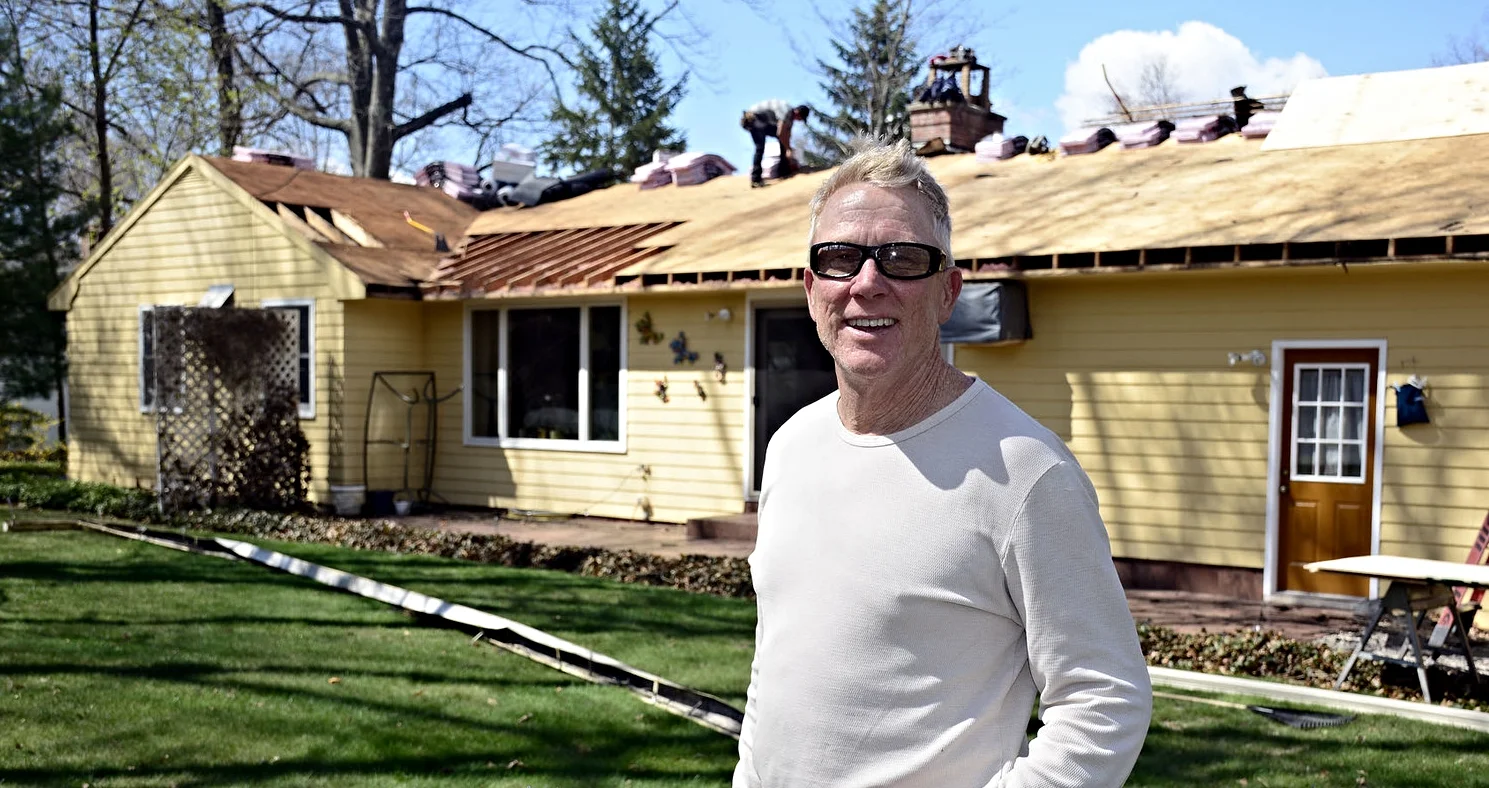Fall Home Maintenance to Tackle in September
Chelsea O'Donnell
With cold weather in the near future, now is the perfect time to get your home ready for winter. There are a lot of tasks that homeowners have to handle in the fall, which is why I recommend getting started early before it gets too chilly. What are the most important things you should do to keep your home both comfortable and protected this season? Here are my top five tips.
Gutters
Before we know it, leaves will be clogging up your gutters and downspouts. If you’ve ever thought about installing gutter guards, now is the time to do it. Guards will protect your gutters from debris and help you to avoid that cumbersome autumn clean-out. Plus, clear gutters are the only way to ensure that rainwater is removed from your home properly.
Doors
With so much moisture in the air this summer, many elements of our homes have expanded. You may notice that your doors are sticking, making them more difficult to open. As the weather cools and the wood contracts, there may be gaps that will let cold air come right into the house. Make sure that your door sweep is in good working order and install some weather stripping to seal any space between the door and its frame.
Insulation
Most homes that I visit are under-insulated, which is a problem in both the summer and in the winter. Insulation helps regulate the temperature of a home, allowing for heat retention and overall comfort. Lots of homeowners I meet tell me that their second floor is much warmer than the first, a surefire sign that a house doesn’t have enough insulation.
Roof
Now is a great time to inspect your roof to make sure that there is no damage to the shingles and the flashing around the chimney. As snow sits on a roof for much longer than rain, it’s easy to get leaks in the wintertime. Any current roof issues should be dealt with before the cold weather hits to make sure that a small problem doesn’t become a big one.
Windows
When I visit a house, I will often use a thermal camera to see how much heat is being lost. Old wood sash or aluminum windows are both major culprits. New vinyl windows are great in terms of energy efficiency and heat loss reduction, and at my own house, we love the tilt-in sashes for easy cleaning.
Being a homeowner requires a lot of maintenance, but the investment is worth it to keep you and your family comfortable all year round. Plus, with today’s hot real estate market, any of these updates will help you to get a better price if a sale is in your future.
Bob O’Donnell is the owner of O’Donnell Bros. Inc., a Bristol-based home improvement company established in 1975. Email your questions to info@odonnellbros.com with the subject line “Ask the Pro.” All questions may be considered for publication. To contact Bob for your remodeling needs, call O’Donnell Bros. Inc. at (860) 589-5155 or visit http://www.odonnellbros.com. Advice is for guidance only.
